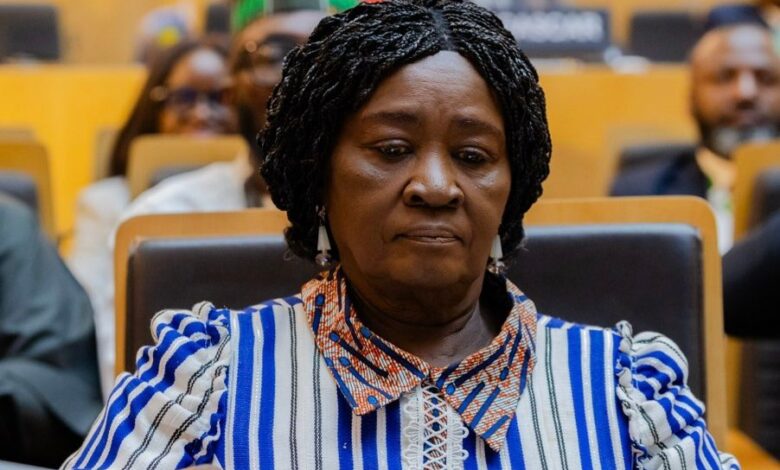Public Divided Over Possibility of Ghana Having a Female President

A recent street interview conducted by UTV has sparked conversations about gender, leadership, and the future of Ghanaian politics. The station posed a simple but powerful question to the public: “Could a woman head Ghana?”, and the responses revealed a nation split down the middle.
While many respondents expressed optimism about the idea, others voiced doubts rooted in cultural beliefs and recent political experiences.
Some Ghanaians argued that the time has come for a woman to lead the country, insisting that men have dominated governance for too long without producing the desired change. “The men have tried, and things are still hard. Maybe it’s time we give the women a chance,” one respondent said.
Others saw a female presidency as an opportunity to amplify women’s voices in national decision-making. “Women are compassionate, disciplined, and detail-oriented. A woman president will prioritize the welfare of citizens, especially children and families,” another participant noted.
However, not everyone agreed. A section of the public expressed scepticism, with some arguing that female leadership might not necessarily bring improvement. They pointed to current female public officials, citing the performance of the National Service Authority (NSA) boss’s scandal as an example of why they believed women might not fare better.
Political analysts say the divided public opinion reflects both progress and persistent stereotypes surrounding women in leadership. Ghana has seen strong female figures in various sectors, from politics and business to education and media, yet the presidency remains uncharted territory for women.
As the debate continues, advocates for gender equality are calling for a shift from gender-based judgments to competence-based assessments, arguing that both men and women deserve equal opportunities to lead.
Whether or not Ghana will soon see its first female president remains to be seen, but the conversation signals growing interest in gender inclusivity and leadership transformation.




